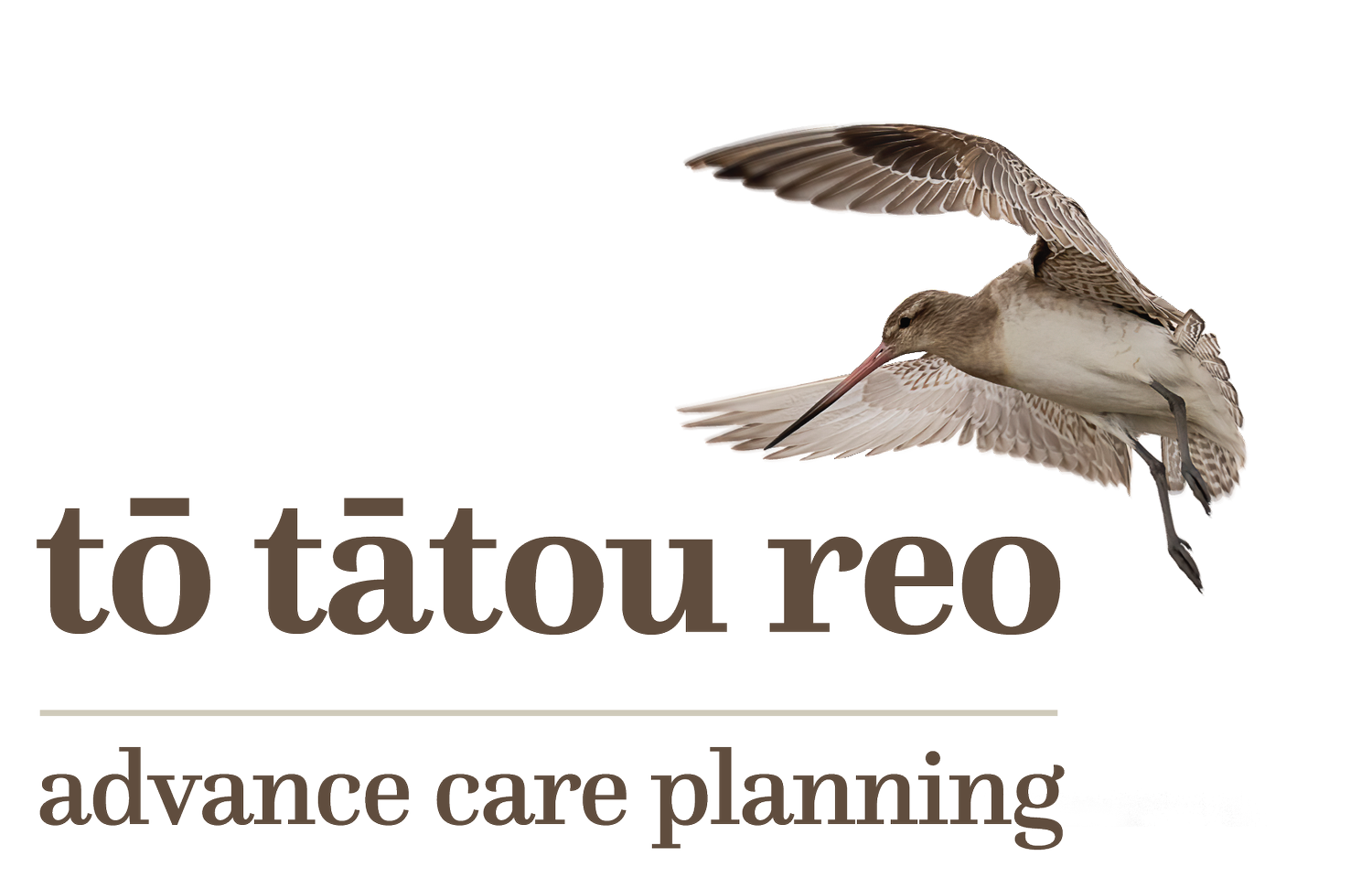News


Finding dignity and peace – a homeless man’s experience with advance care planning
‘Homeless people have expressed feeling less worried about their end-of-life and after- life care, compared to being left to die alone on the streets or in hospital, uncertain if their preferences, beliefs, and wishes would be heard and honoured.’

Should I tell them I’m not Māori?
Research shows that Māori have inequitable access to tests, prescriptions, interventions and quality care compared with the rest of the population.
Tō tātou Reo advance care planning Māori engagement manager Maarie Hutana explores why this continues and how we can use a cultural safety approach to place a person at the centre of their care.
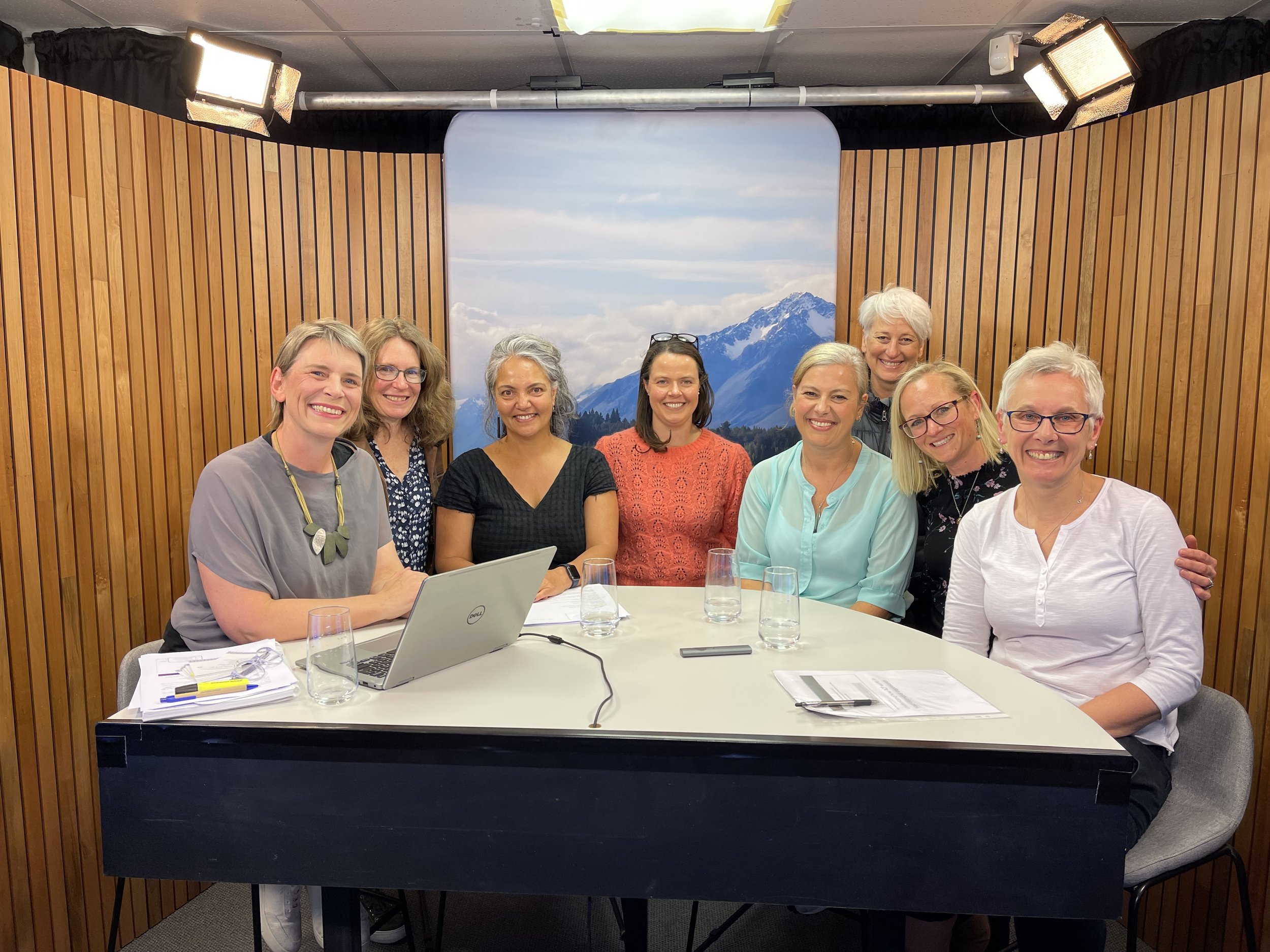
Myth busting advance care planning
‘Myth busting advance care planning’ examines the myths and misconceptions that often shroud the process.
From the belief that it’s a time-consuming document to the notion that Māori don’t like to talk about death and dying, this webinar aims to dispel these myths and provide a clear understanding of what advance care planning truly entails.

Illness is part of life’s journey, not a new identity
Content notice: This article deals with sensitive topics including death and cancer. You never really know how you will react to a situation until you are in it, but it certainly helps to have a plan. This is what adventurer, mother and palliative care nurse practitioner Carla Arkless discovered after a cycling trip around the globe was cut short by a terminal cancer diagnosis.
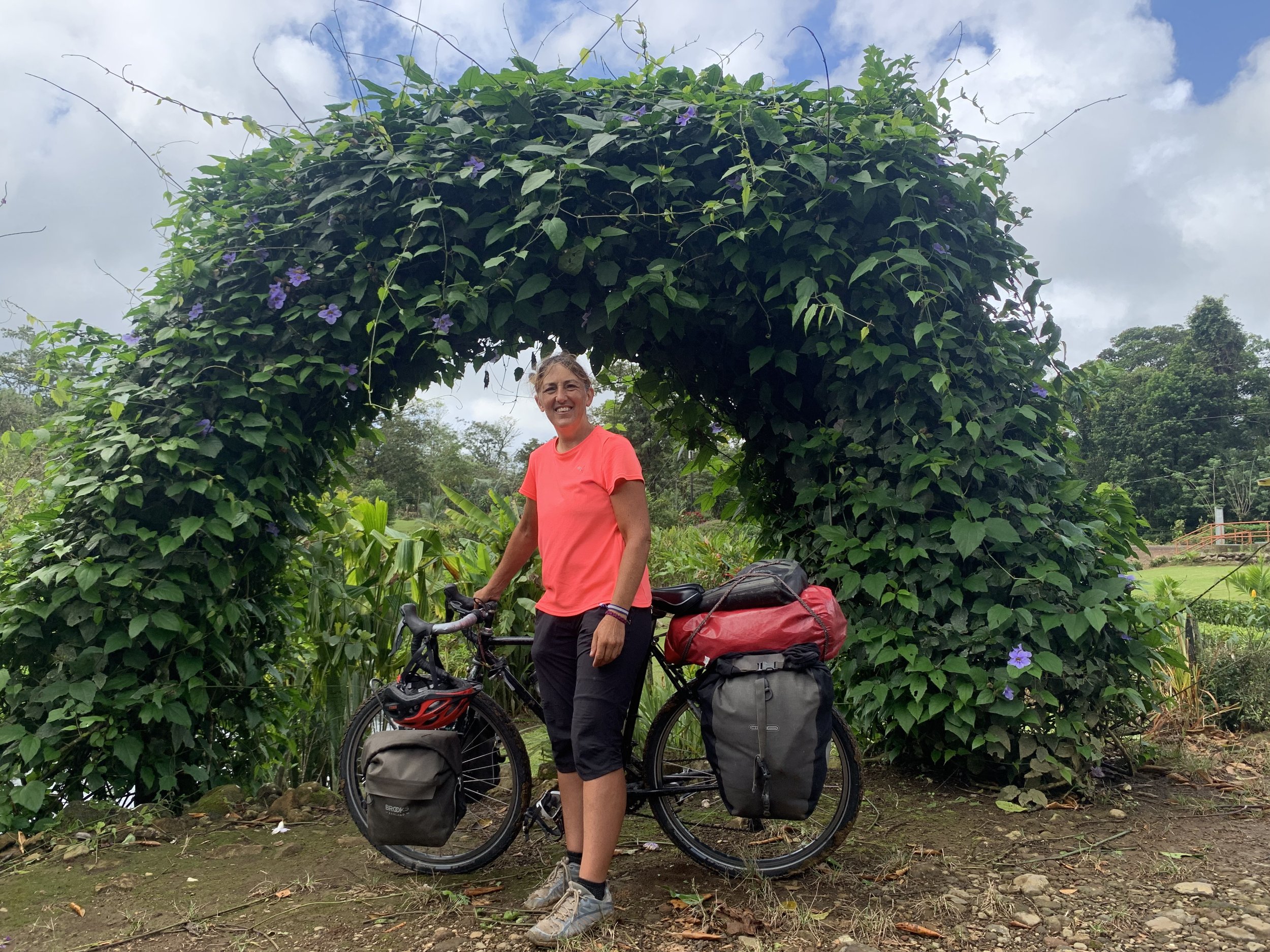
Tips for clinicians from the other side of the plan
Nurse practitioner Carla Arkless is a familiar face to many, with more than 20 years’ experience working across palliative and advance care planning circles in Aotearoa. She is now making the most of the support her own plan provides after a cycling trip was cut short by a terminal cancer diagnosis.

Normalising kōrero around death – an interview with the Casketeers
When whānau meet with funeral directors Francis and Kaiora Tipene, one of the first things the couple does is thank them for their courage.
‘It is a brave thing to do, and we want to acknowledge that. We hope to make it normal to kōrero about death.’

Sudden life changes don’t discriminate
When Danielle Murphy’s father had a stroke earlier this year, her whānau discovered they didn’t know what he wanted if his health changed for the worse.
‘It was a huge eye-opener for us all. Things like that can strike at any time,’ the nursing student and proud Māori Women’s Welfare League member said.
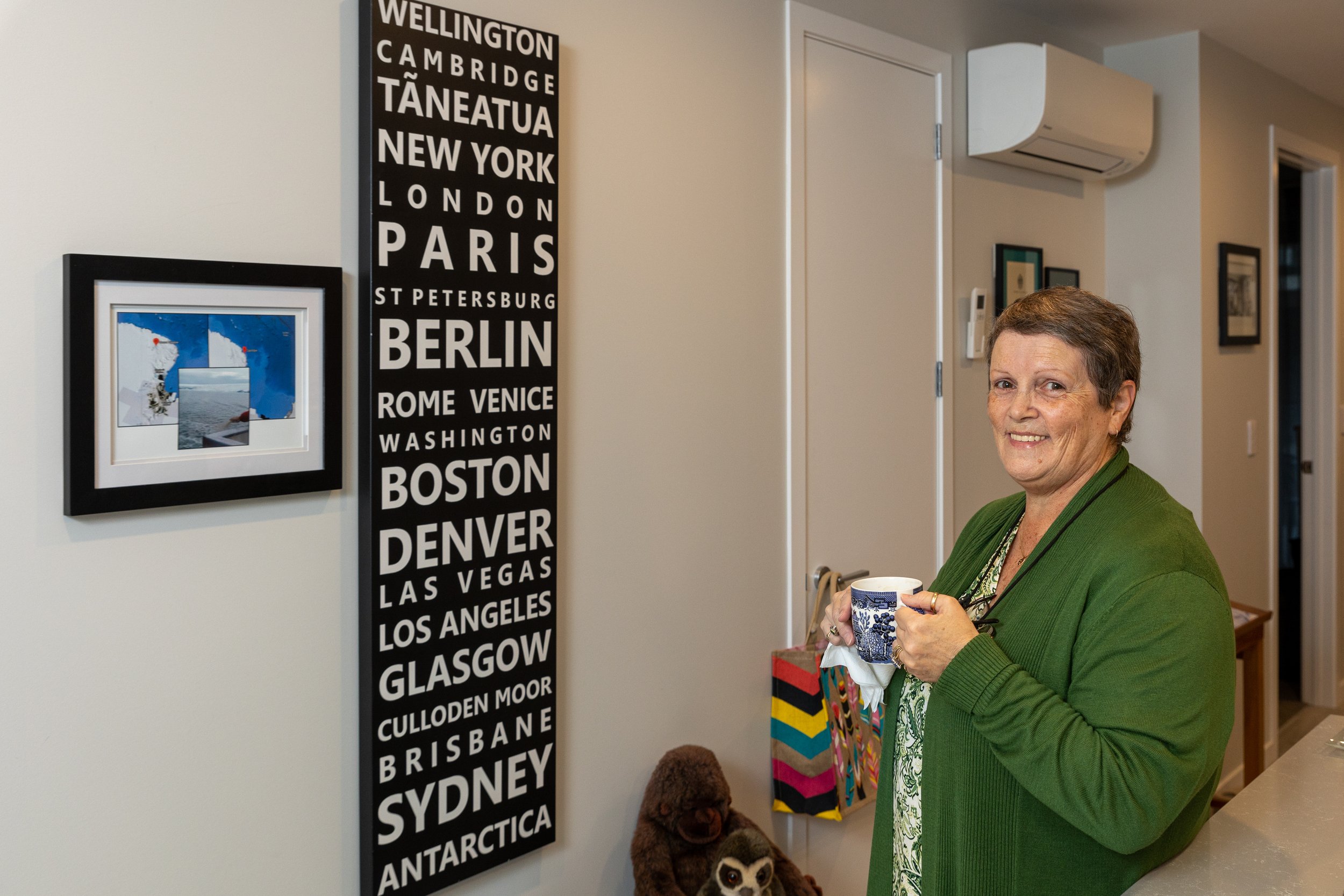
No ordinary goodbye
When Cheryl Shearer’s husband Ian was diagnosed with a terminal illness, she knew exactly what he wanted thanks to advance care planning.

1000-plus now trained to talk serious illness
The Commission’s advance care planning team is happy to announce that more than 1000 people have attended the Serious Illness Conversation Guide (SICG) three-hour workshops being delivered in district health boards.
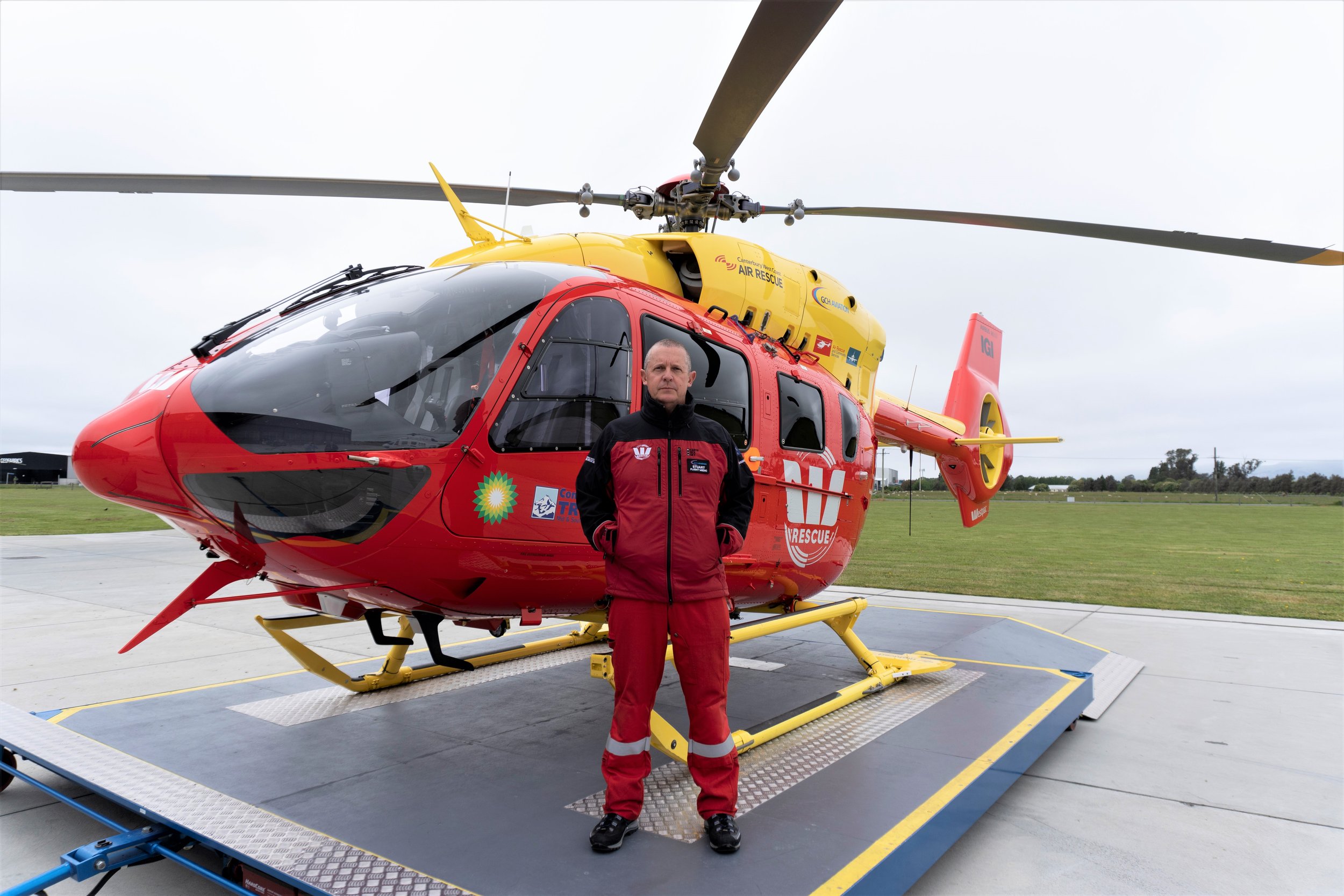
It’ll never happen to me, I’m the rescuer
People who work in emergency services care deeply about their patients but aren’t always as good at planning for their own health care, Christchurch paramedic and helicopter rescue crew member Stuart Cook says.

Facing the future on the farm with advance care planning
Farmers in Aotearoa have to be prepared for anything – from the ever-changing weather to issues with stock, crops and machinery.

Adrenalin sports enthusiast up for advance care planning challenge
Adrenalin sports enthusiast and paramedic Lee Den Haan isn’t afraid of a challenge, but his newest one is something a bit different.


Advance care planning funding confirmed for three years
The advance care planning (ACP) programme has had funding confirmed for a further three years. Senior programme manager Leigh Manson says this is fantastic news for the programme, which can now undertake some medium-term planning.
